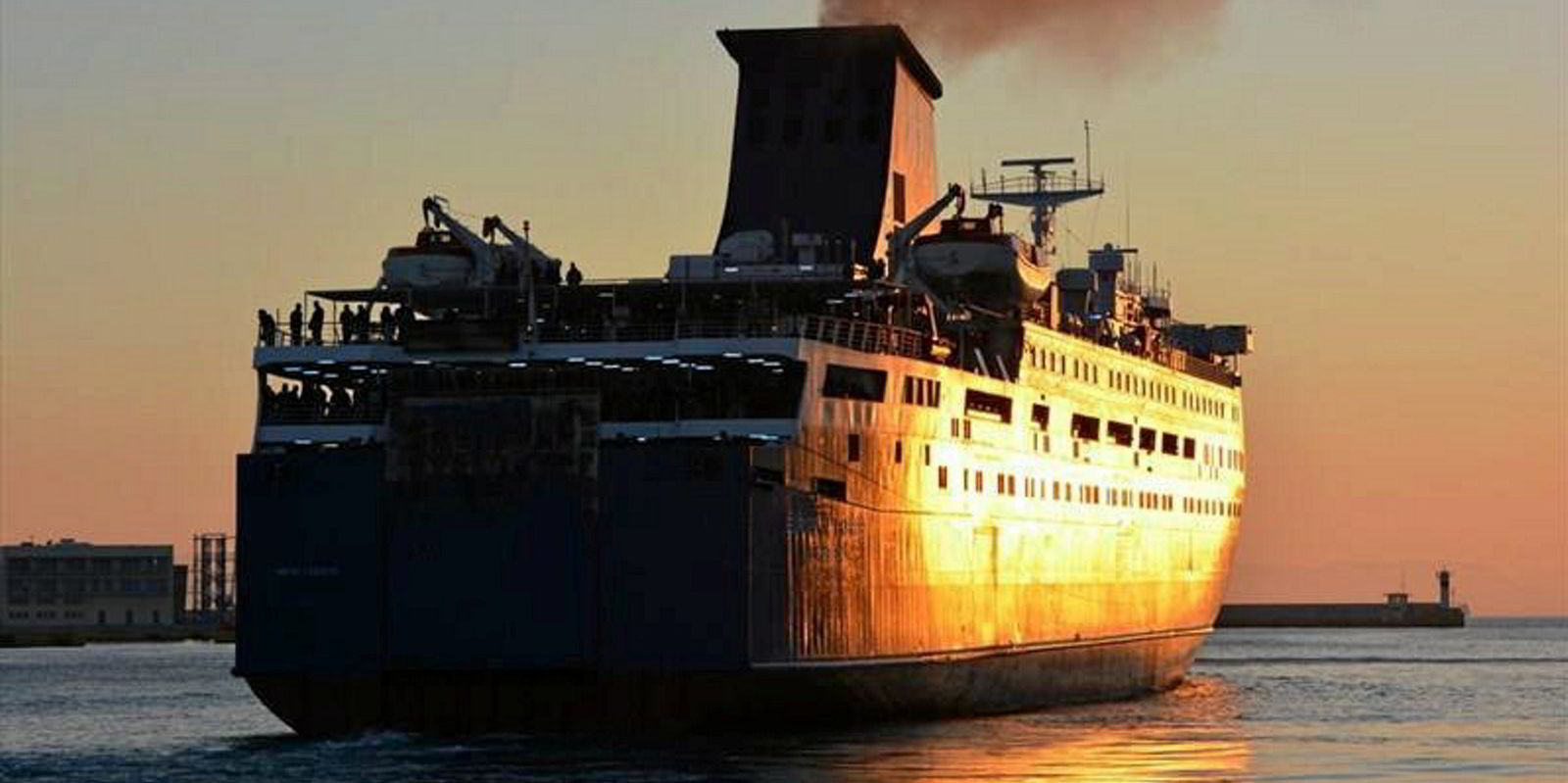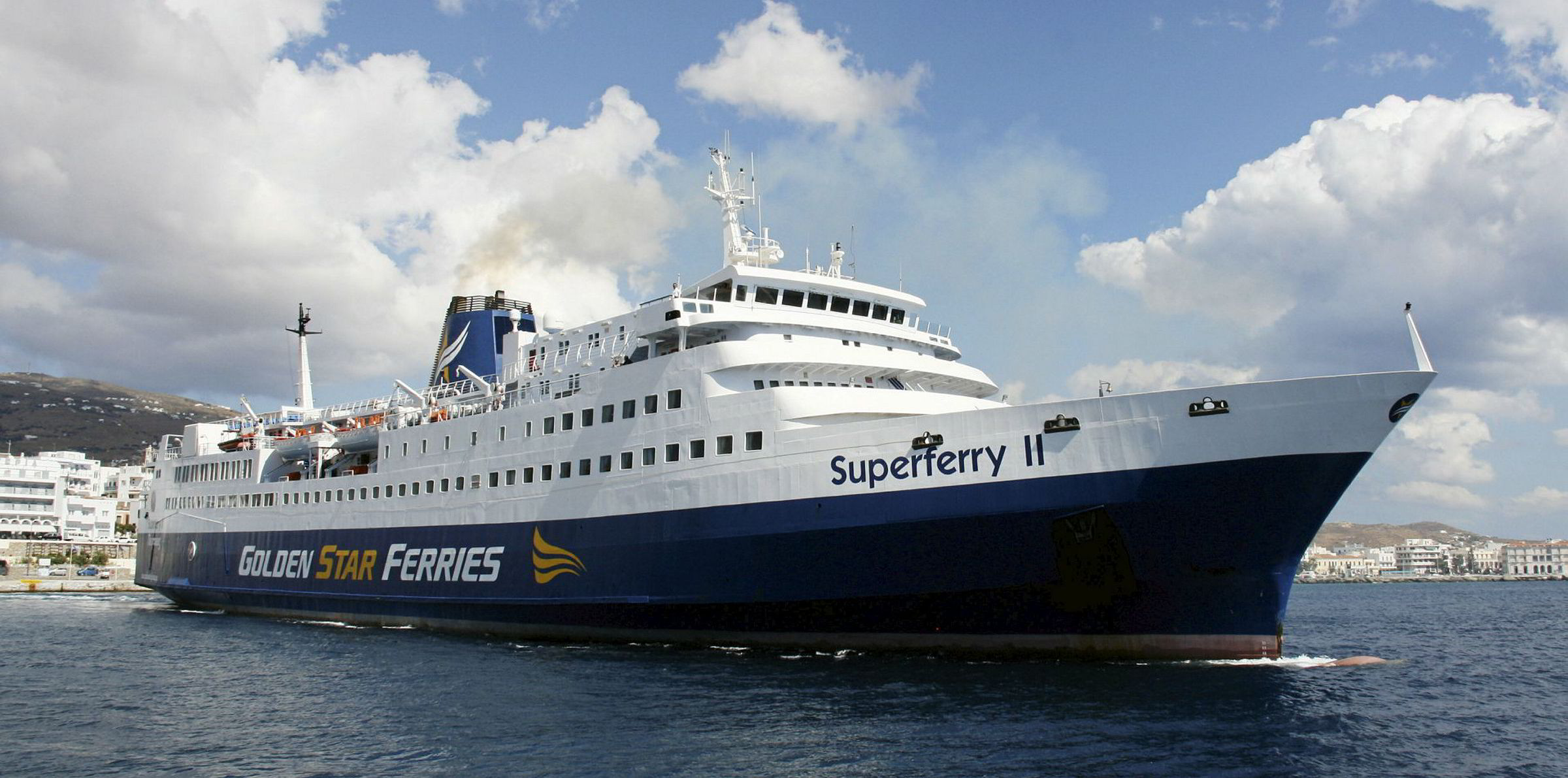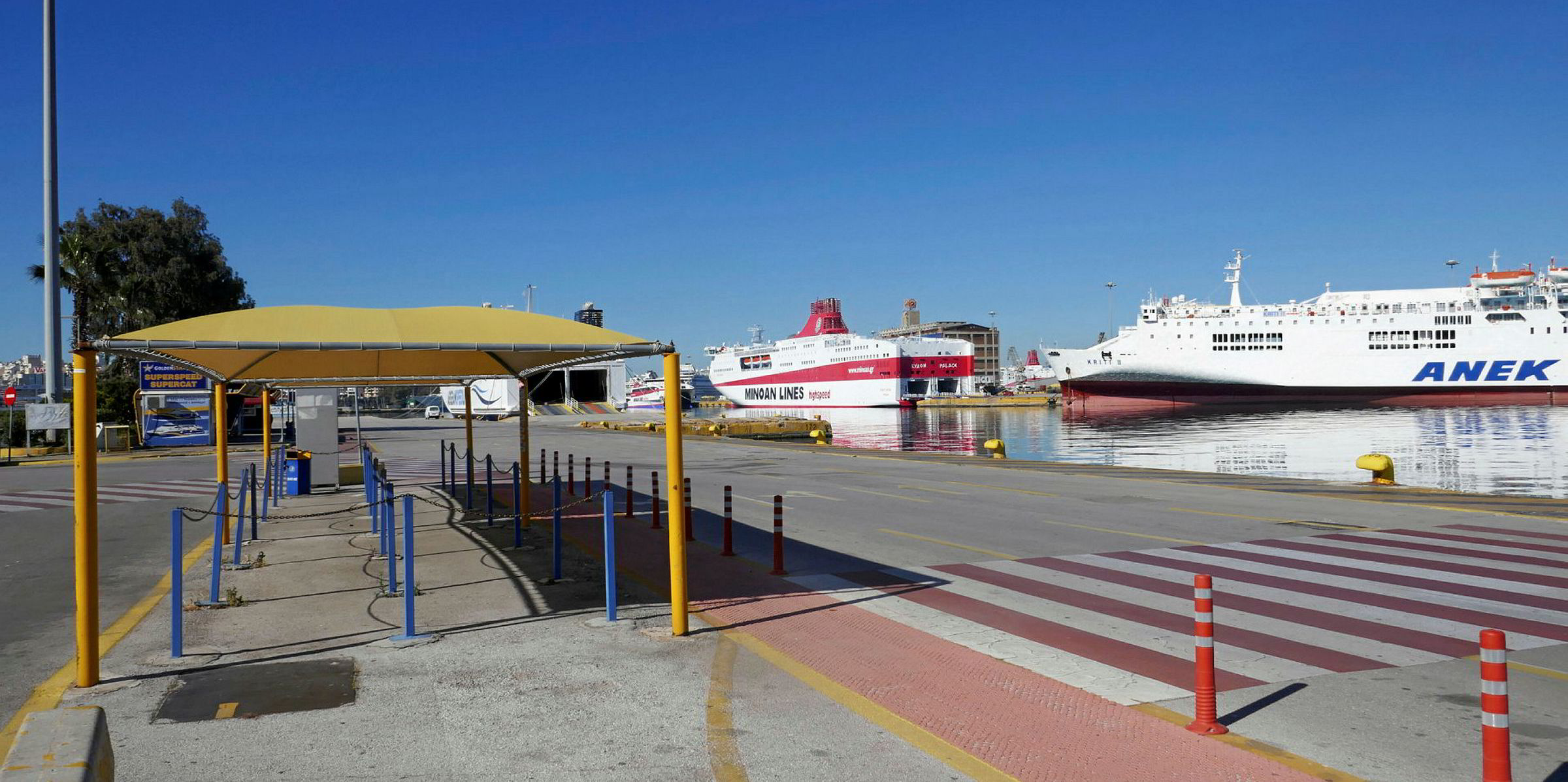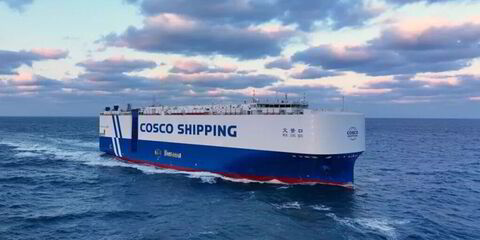The government of Cyprus has promised to spend $18.4m over the next three years to nudge shipowners into reactivating a disused ferry link to mainland Europe.
Shipping companies interested in employing a ropax on a route to Piraeus, Greece, have been asked to submit bids by 29 January.
The island nation has offered to subsidise the route for three years at €5m ($6.1m) per year. Eligible ships should be able to carry at least 200 passengers and have at least 140 in cabins if the trip is to last more than 16 hours.
The vessel should fly the flag of a state in the European Union or the European Economic Area on the Paris MOU’s white list.
Cyprus will choose the winning bid on a price-to-quality basis.
Depending on whether the Cypriot end of the route will be at Limassol or Larnaca, it will stretch across a distance of between 623 and 766 nautical miles.
This will make it one of the longest ferry runs in the Mediterranean — second only to services from Marseille to Morocco or Tunisia, which benefit from a steady flow of people and goods between France and north Africa.
It remains to be seen whether equally sufficient quantities of traffic can be produced between Greece and Cyprus. The two countries are sister nations and its inhabitants speak the same language.
However, cultural links alone were not enough to sustain a previous ferry service between them. The last operators on the route were Access Ferries and Salamis Lines, both of which discontinued the service in 2000.
The passenger trade was killed off by low-cost airlines, industry watchers explained.
“A sharp drop in the price of airline tickets made the line obsolete,” Zacharias Kapsis, a Limassol-based shipping lawyer at A Karitzis & Associates, said.
As few Greeks and other European tourists visited Cyprus by car because of the island's British-style left-hand traffic, the vehicle decks were used primarily to carry cargo. This was shifted to container and ro-ro vessels.
Massive support

Policymakers in Athens and Nicosia are optimistic this time.
An increasing number of Greeks are finding jobs in Cyprus's booming economy and student exchanges between the two countries are extensive.
Individual ticket prices for a round-trip have been capped at €80 and public support for the project is “massive”, Vassilios Demetriades, Cyprus's deputy minister in charge of shipping, said.
“Cyprus ... should not be dependent solely on air transport in its connection with continental Europe,” Demetriades said.
His Greek counterpart, shipping minister Yiannis Plakiotakis, expressed equal enthusiasm for the project and said he will personally be on board when the service is rolled out in May.
Subsidies apart, the Cyprus tender offers additional incentives. To attract more passengers, the would-be operator will be allowed to make one stop at a Greek island of their choice.
Schedule requirements are modest, to help keep costs down. The preferred bidder will be asked to make one return sailing per week from May to September; one every two weeks between October and April; and just one per month from November to March.
Ferry owners may prove eager to submit bids. Coronavirus ravaged Mediterranean tourism last summer. Greece's debt-laden government has already announced it has spent €55m in subsidies to help the industry stay afloat.
It would be wrong, however, to think of the planned Greece-Cyprus link as an anti-coronavirus support measure. Talks with EU competition watchdogs to allow subsidies on the route started in the summer of 2019, well before the virus struck.(Copyright)





